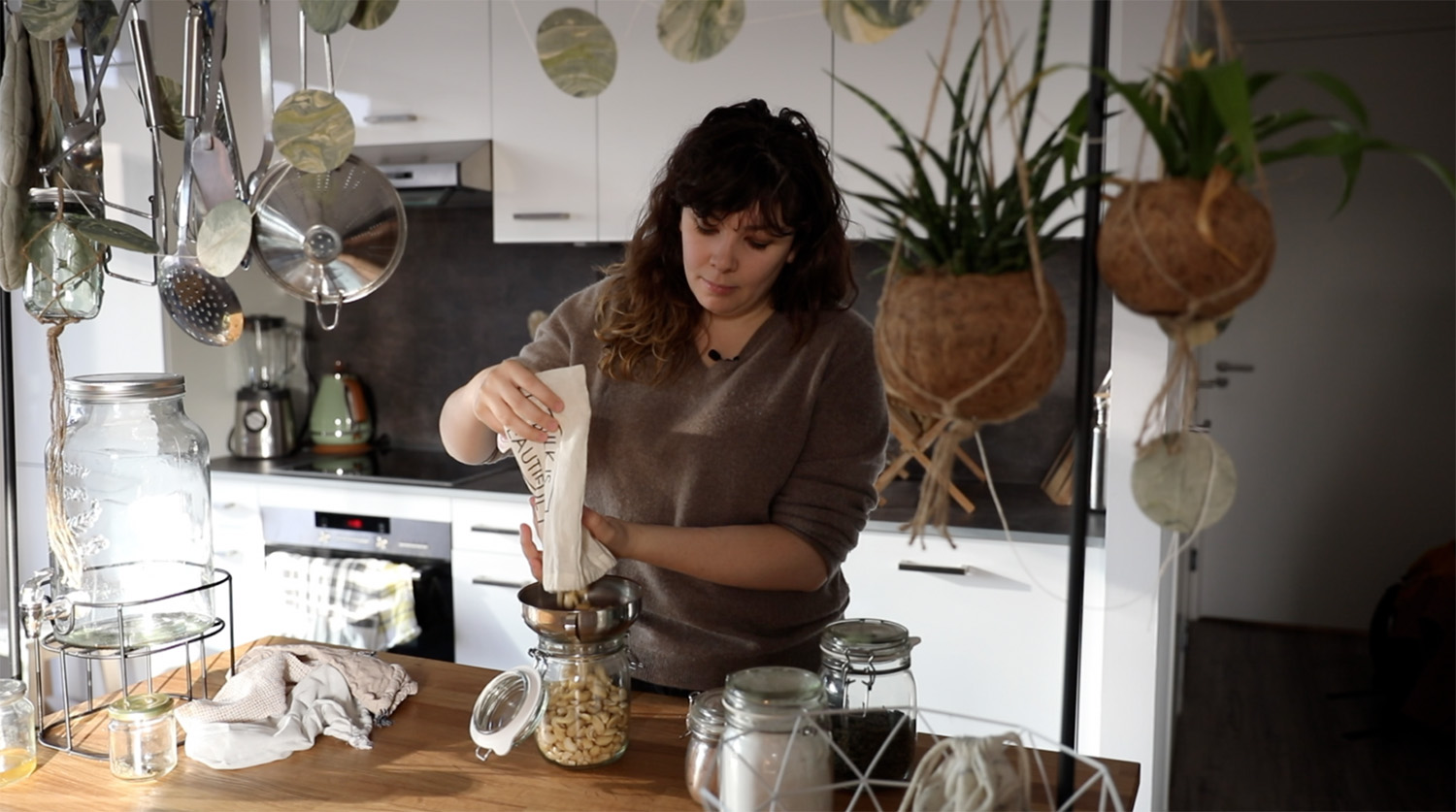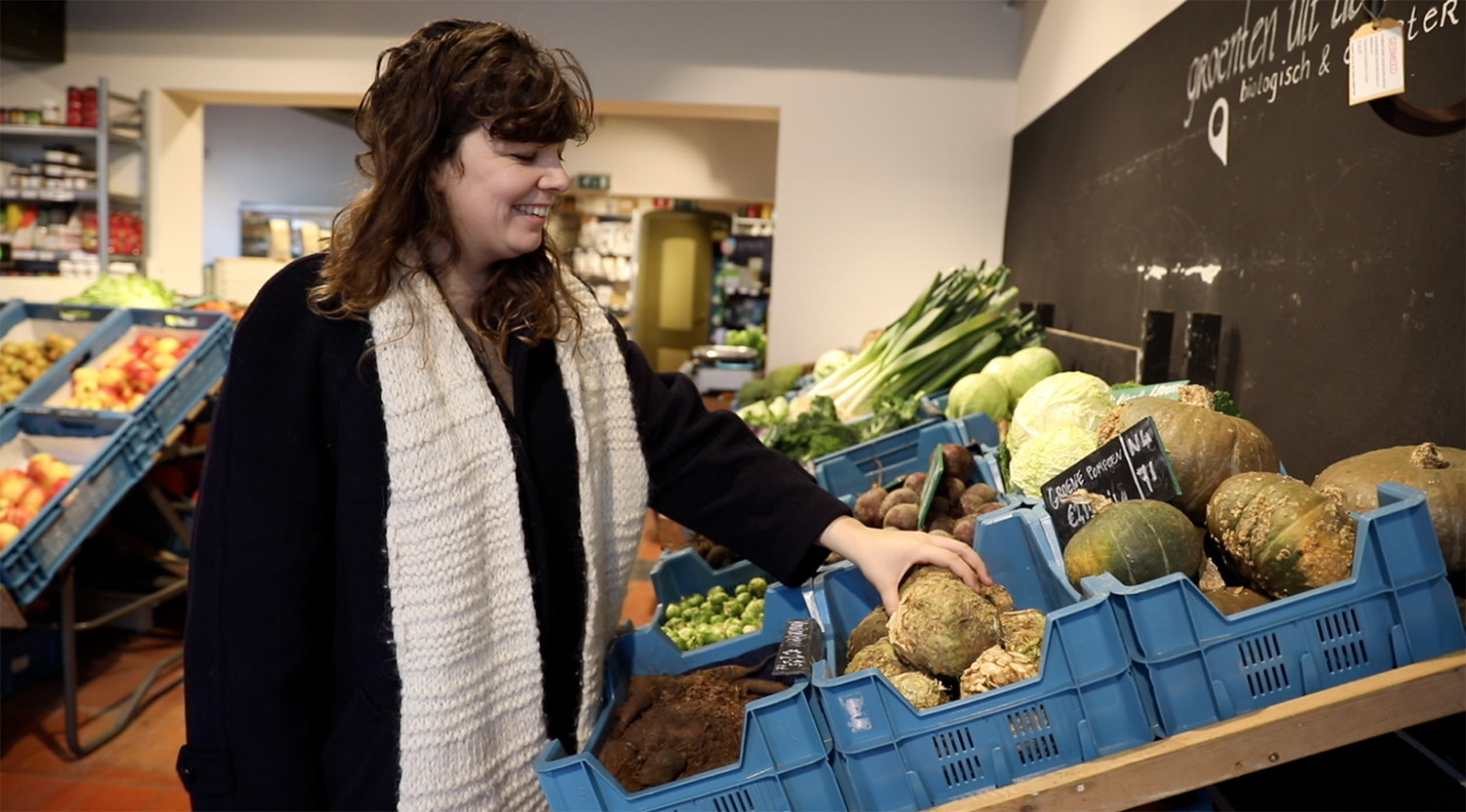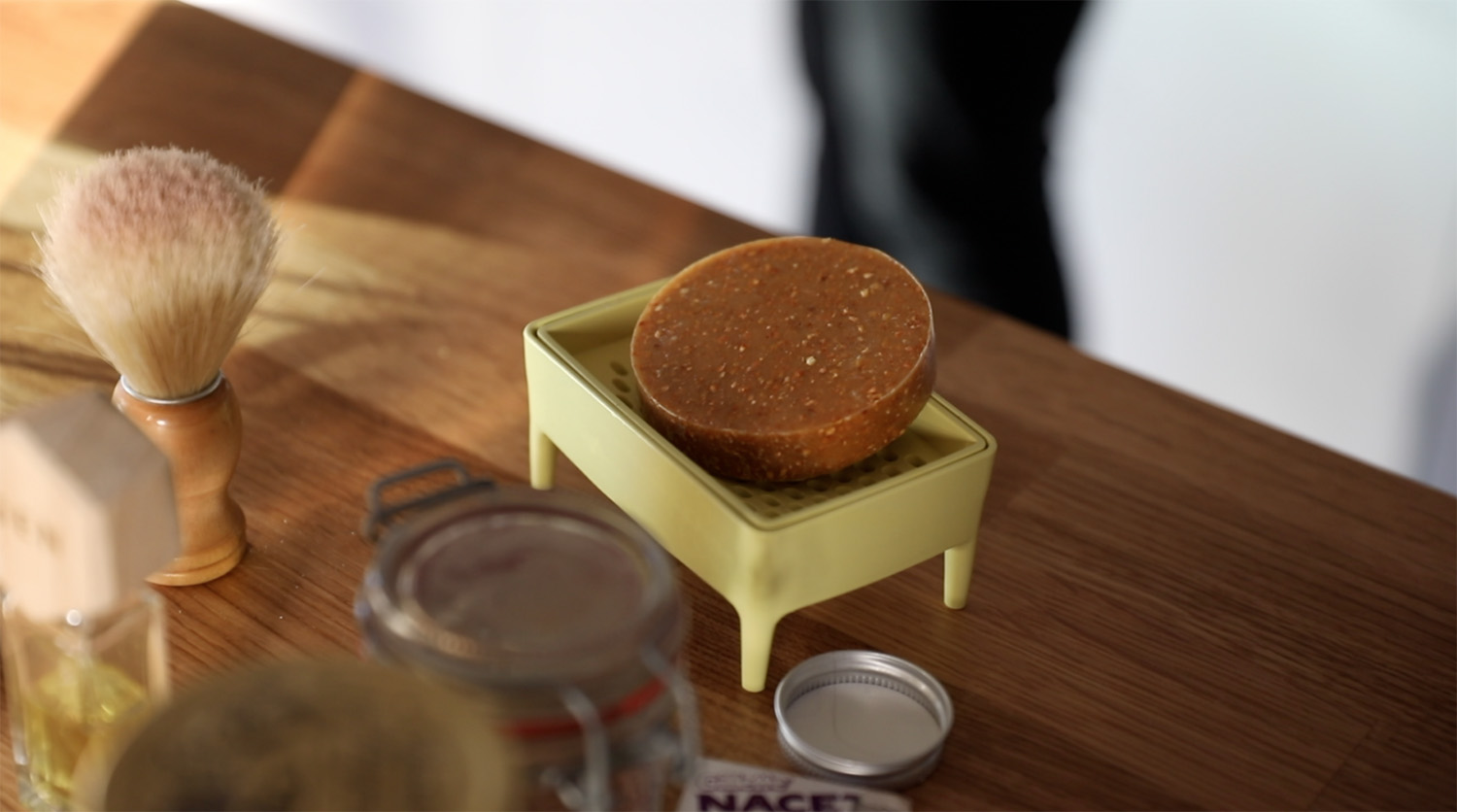
- Sustainable Planet -
- 5mins -
- 167 views
Jessie of the Zero Waste Project: “Living a plastic free life, has made me happier!”
Together with MaatschapWij, BrightVibes is making a series on plastic. What’s the problem exactly and how can we solve it? This week: Jessie Kroon, who shows with the Zero Waste Project that a life without (plastic) waste is more fun ánd easier than you think.
The Zero Waste Project
A couple of years ago, sisters Jessie and Nicky Kroon got a taste of sustainability. They looked into ecological challenges, started an association and organised numerous lectures. But still it wasn’t enough. Jessie: "We felt like we were talking more about change than actually bringing it about."
To make a difference, Jessie and Nicky started the Zero Waste Project in 2014. What starts as a challenge to not produce any waste for 30 days, grows into a popular blog that shows how o live zero waste without sacrificing comfort, style or fun things. Because living without (plastic) waste, doesn’t have to cost a lot of time, energy and money. Jessie: "I even dare to say that a zero waste life is more fun ánd that it has made me happier."
Healhier, cheaper, more fun ánd more sustainable
Since Jessie hardly produces any trash anymore, she feels like her daily actions are in line with what she thinks is important and she feels a deeper connection to the world surrounding her. "We now know te person who makes our bread, I know what’s in a soap bar and we eat more local products that are in season."
“Our zero waste levensstijl caused us to have a simpler, happier and more sustainable life."
The sisters have started to eat healthier because of their new lifestyle as well (because: less ready to go packages) and they save money because they mak their own creams and deodorant and buy most of their clothes second hand. The positive, ecological impact of a life without waste doesn’t stop with an emptier bin. Jessie: "Because seasonal and local products don’t have to be transported as far – and thus don’t need to be protected by many layers of plastic – they’re often unpackaged. By choosing zero waste, you automatically choose ingredients with a lower carbon footprint!"

Sounds good, but how does it work?
A life without waste is thus beneficial to… well, pretty much everything. But how exactly does it work? Where to start? And what tips does the seasoned Jessie have for a starting zero-waster?
Five questions ánd answers below:
1. Living Zero Waste: What exactly does it entail?
Jessie: “Living zero waste means you work towards the moment you don’t produce any trash at all anymore. You do this by following the five R’s: refuse, reduce, reuse, recycle and rot.
First off you refuse the things you don’t need, like a plastic straw or a pamphlet. The second part is reduce: instead of drinking coffee from a single use cup, bring your own cup. Then look at what you can reuse. A glass jar can be brought to the glass container, but you can also store fresh tea in it. The trash you’re left with after these steps, you recycle. You thus try to minimise the amount you recycle. Finally you try to compost as much of your green waste, by instance with a wormhotel.”
By following these steps, every choice you make means a positive contribution to a circular world in which product are reused en recycled, instead of tossed out, burnt or dumped. Sounds good, right?
2. Does Zero Waste mean you can’t produce any trash at all anymore?
Jessie: “No, absolutely not. That is impossible. It’s about trying to get as close to the point of nothing as possible without having to jump through all sorts of hoops. So don’t be too hard on yourself and see what you can do step by step. This prevents you from giving up within a couple of weeks!"

3. Where to start?
Jessie: “Your groceries are a good starting point, that’s where we started once. The average Dutch person opens about seven packages, so you’ll see progress in the kitchen very fast. And that motivates! A great second step i the bathroom. There you don’t only produce plastic in the form of packages, but you also flush all sorts of microplastics through the shower drain. By making your bathroom zero waste proof, you prevent contributing to the plastic soup."
Feel like getting started? Check out this convenient list of package free stores.

4. What about family, partners, friends? Do they all have to get involved?
Jessie: “Of course it’s easiest when everyone around you decides to live zero waste as well. But it is absolutely not necessary. Nicky and I chose to not force anything upon our friends and family. So when I eat at a friend’s place, I don’t demand they get package free groceries. But when we all go out for a picnic I do bring my own reusable plate, cutlery and cup. Funny enough, you notice people start to show interest and start making different choices themselves!"
5. Can I make any difference at all, by myself?
Jessie: “When I tell people I live zero waste, I often hear that what I do, doesn’t make a difference at all. I’m just one person in a sea of many. No, it’d be much better if the government took action, or businesses. And it is true that business and the government have to get to work. But the fact that they have to take action doesn’t mean that I shouldn’t. For instance, it shows that the incredible amount of trash all of us create is fine by us. Demand creates supply. With every euro we spend, we can vote for a sustainable and circular economy. And that is how you can make a huge difference. Every day again!"
Curious about Jessies kitchen, bathroom and way of doing groceries?
Watch her video portrait.
Next time
In our next episode, we’re talking to Plastic Whale about how to turn plastic waste into something of worth. Follow us on Facebook or sign up for the newsletter to not miss a thing!
In our previous episode, Jeroen Dagevos of the Plastic Soup Foundation told us all about how to keep your body plastic free. Watch it here!
Article: Nadine Maarhuis (MaatschapWij)

